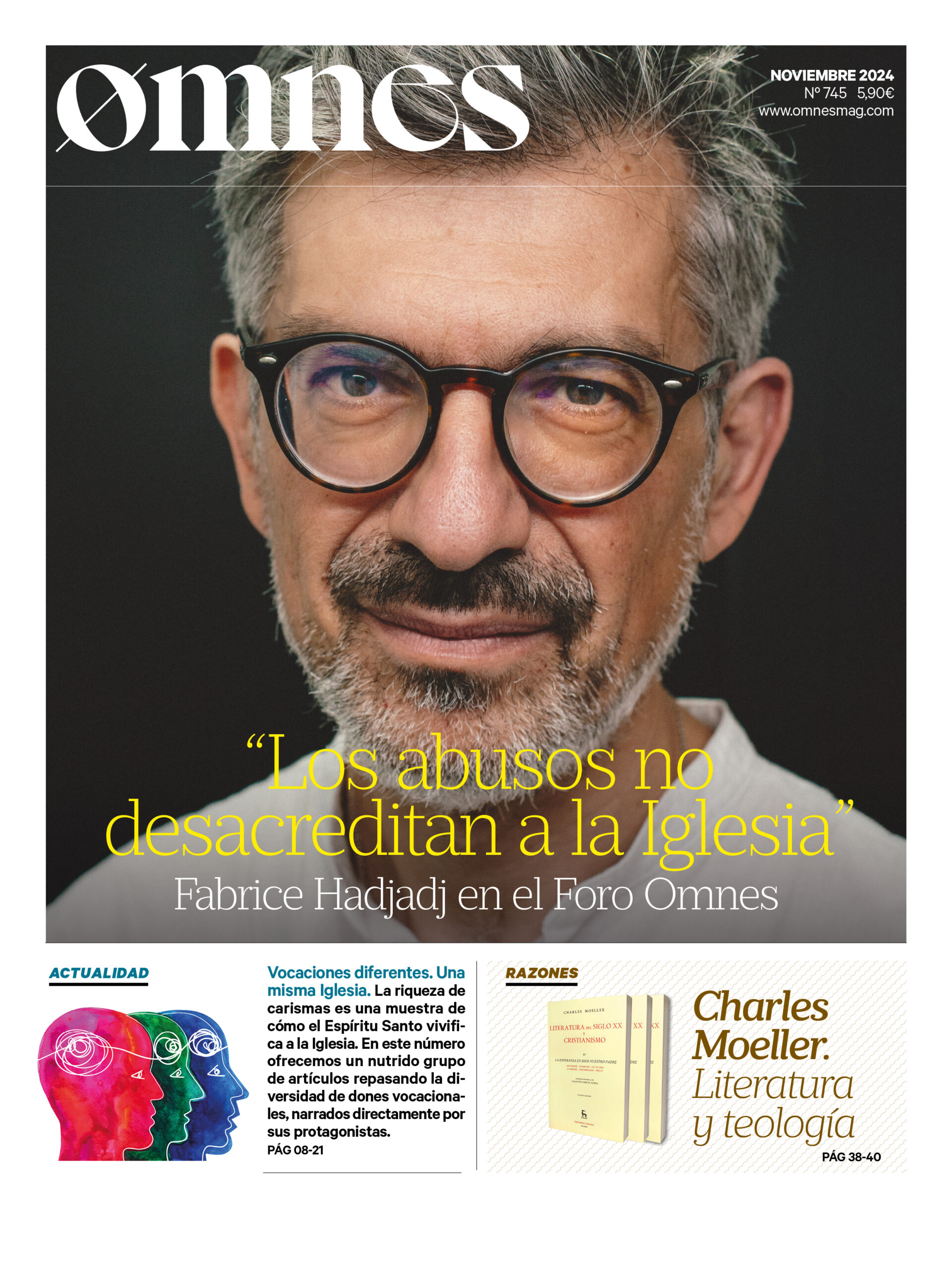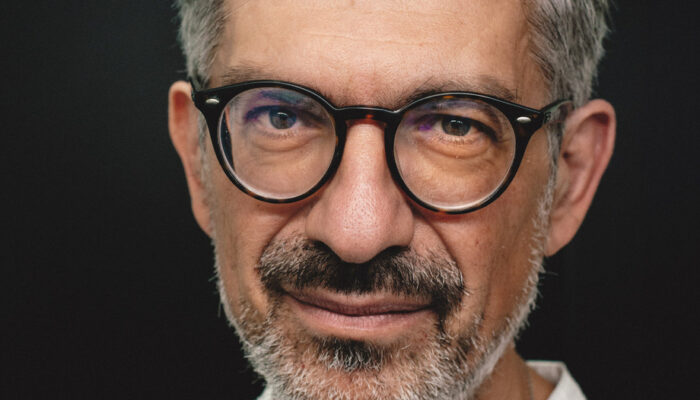If peace is presented as an objective at the beginning of each year, it becomes concrete and possible through the movements and concrete actions that are taking place throughout the world to promote it. It is particularly gratifying to see that the younger generations are embracing it and promoting it in their volunteer activities.
The Message of the Holy Father this year links the question of peace with the desired change of ecological mentality. It may seem a different field for pastoral action, and yet it is in regions impoverished by the negative effects of an unecological mentality that social inequalities and subsequent violent reactions in society are often born.
In his address for World Youth Day 2020, the Pope mentions his recent trips to Japan and Thailand, as well as the October Synod on the Amazon. On both occasions he had the opportunity to draw attention to the problem of ecological conversion and its relationship to humanity's past and present conflicts. "Faced with the consequences of our hostility towards others, the lack of respect for the common home and the abusive exploitation of natural resources - seen as useful tools only for immediate profit, without respect for local communities, for the common good and for nature - we need an ecological conversion."
In this context, the Uruguayan Carlos Palma, with the inspiration of the Focolare peace movement, promotes the initiative of an International Congress Living Peace International, Young Leaders and Ambassadors for Peace. One of its activities that it promotes has taken place at the Mariapolis Center of Las Matas (Madrid) in recent weeks.
The origins of this movement can be traced back to the revolutions in North Africa in 2011. With these political difficulties, he perceived the importance of action and prayer of young people. He himself describes it in an interview at the Youth Congress Living Peace: "Praying for peace, every day, in a network that encompasses all young people."After living through dramatic war situations in several countries, he felt that he had to do something for peace and for those less favored regions where the ecological problem is present. Since then, the initiatives have not stopped.
Direct testimonials
Carlos proudly and happily introduces us to what he calls "peace ambassadors"The first peace ambassador from Uruguay is Noel Hernandez, and he has already worked for peace at the 2015 congress in Brazil. The first peace ambassador from Uruguay is Noel Hernandez, who has already worked for peace at the 2015 congress in Brazil. He in turn introduces us to other young Spaniards who have been present at the meeting, such as Raúl, who comes from Jaén; a young Colombian, Álvaro; and Aziz, from Iraq. Both praise the congress and the conclusions they have reached for more action and prayer for peace. Laura and Guillermina, from Madrid and Buenos Aires, respectively, also participated very actively in the meetings.
They have collaborated with the congress to bring it to the youngest. Very interested in conflict mediation, they think it is a philosophy of life rather than more or less concrete points of action. This implies, says Laura, "to meet others from different countries, to foster a culture of peace.". Guillermina recalls those of volunteer work in the "villas" as they call the most disadvantaged areas. In this area, it is easier to heed the Pope's calls for ecological awareness and its consequences for the poor.
Field work and actions for peace
The work is concrete and very real. The young people's projects are not theories about peace, as they are about mobilizing those who have a desire to help others but do not yet know where the appropriate circumstances exist. This is the case of Gabriel Osorio, who writes to the congress from a place with a high risk to life, namely in areas of Colombia where massacres have been carried out or are still under the domination of one of the guerrilla factions. This harsh reality gives the story a special vividness of the need to help on the ground of the problems.
Taking a geographical leap, we move to the IRAP school in Lebanon. Their work has contributed to building bridges of multiethnic and religious understanding. Among the voices of the congress, we could not miss the testimonies of those who speak with the experience of contributing to the pacification of these regions. The "press liaison" at the congress emphasizes this point Living Peace InternationalVictoria Gómez: "It is worth it, for the effort they have made, and for the joy reflected in their comments.".
Léa comes from the school in Lebanon mentioned earlier. She tells how IRAP organized a project to collect apples, which all the students in her class were happy to join. But first they decided to make their classmates aware of the importance of charity: "We launched the 'Peace Dice,' with the slogan 'Love All.' We divided into teams and participated in the competition to see who would fill more apples and more fast. While we were picking up, our friend Elias lost his hearing aid; he is a person with whom the relationship is not easy. We quickly dropped everything and went looking for this device because it was very valuable to him. Finding the hearing aid, out of love for Elias, had become more important to us than winning the competition. When we found it, our joy was great, not only because we had found it, but also because Elias felt our love and created a spirit of unity and solidarity between us".
Goal: peace; way: charity
The abundance of topics and testimonies was one of the highlights of the congress. Now is the time to focus the ideas and continue to encourage these young people in the initiative for peace without neglecting the possibilities of caring for the needy and the environment.
In the booklet aimed at better explaining the goals pursued, Teresa Ausín informs us of their scope based on the experience of the Gospel: "This is an inclusive, cross-cutting and interdisciplinary project. It has been presented to UNESCO, the UN, the European Parliament, and the Parliaments of Argentina and Paraguay, as well as to the European Parliament. as in events held in Japan, Germany, Brazil, Jordan, Philippines, China, Vietnam, Canada, Brazil, China, Japan, Germany, Brazil, Jordan, Philippines, China, Vietnam, Canada, Lebanon, the Democratic Republic of Congo and in many other places around the world. And it is this synergy between all the international organizations involved that has led to the development of more than 20 projects.".
They are young and have already made history, but now with the way of Christian charity, they want to bring this gift of peace to the whole world with the awareness of an integral ecology.







